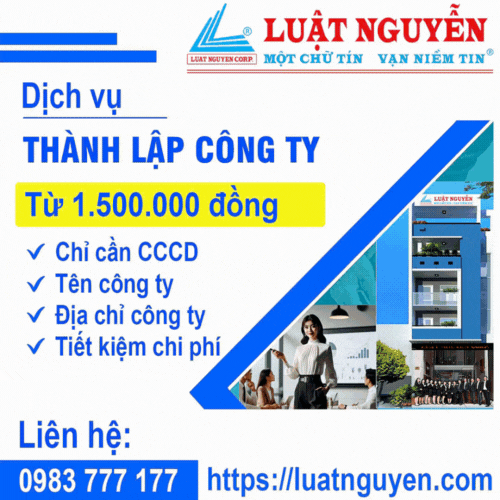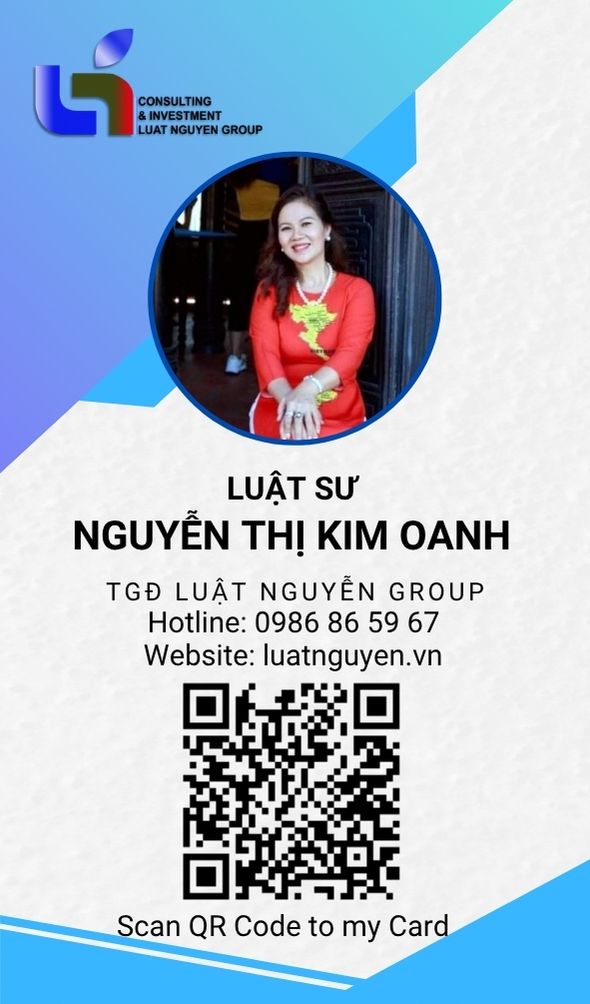New Requirements for Driver Training from September 1, 2025
From September 1, 2025, Circular 14/2025/TT-BXD will officially take effect, introducing significant changes to the driver training system in Vietnam. This Circular regulates not only the training of drivers but also refresher programs, testing procedures, and the issuance of certificates on road traffic law knowledge. Its scope extends to organizations and individuals involved in driver training, as well as training facilities that certify operators of special-use vehicles. However, the regulations specifically exclude training and certification activities conducted for the armed forces and police engaged in national defense and security duties.

Eligibility Conditions for Learners
To ensure consistency and safety standards, the Circular sets out clear requirements for individuals wishing to enroll in driver training courses:
-
Nationality and Residency
-
Learners must be either Vietnamese citizens or foreigners legally residing, working, or studying in Vietnam. This provision aims to expand access to training while ensuring compliance with residency and labor regulations.
-
-
Requirements for License Upgrades
-
Individuals seeking to upgrade their driving licenses must comply with Clause 4, Article 60 of the 2024 Law on Road Traffic Order and Safety. One of the most important requirements is the minimum period of safe driving experience, which varies depending on the class of license being upgraded:
-
From B to C1, B to C, B to D1, B to BE, C1 to C, C1 to D1, C1 to D2, C1 to C1E, C to D1, C to D2, D1 to D2, D1 to D, D1 to D1E, D2 to D, D2 to D2E, and D to DE: At least two years of safe driving.
-
From B to D2, C to CE, and C to D: At least three years of safe driving.
-
-
These conditions ensure that drivers possess sufficient real-world experience before being entrusted with larger vehicles or passenger transport responsibilities.
-
-
Transition Between License Types
-
The Circular allows flexibility for drivers who already hold certain licenses. For instance:
-
Holders of an automatic transmission Class B license may register for training to obtain a manual transmission Class B license.
-
Holders of a Class B license may directly pursue training for a Class C1 license.
-
-
These provisions are intended to create pathways for drivers to upgrade their qualifications in line with personal or professional needs.
-
Implications for Training Institutions and Learners
The new regulations are expected to have several practical impacts:
-
For Learners:
The requirements emphasize driving experience, meaning that learners cannot rush into upgrading their licenses without adequate practice. This could extend the time it takes for some drivers, especially young ones, to qualify for higher classes. However, it also improves road safety by ensuring that drivers of larger or more complex vehicles have sufficient experience. -
For Training Centers:
Facilities will need to carefully review applicants’ driving records and enforce stricter screening to ensure compliance. This could lead to increased administrative work but also improve the credibility and quality of training programs. -
For the Market:
Professional drivers, especially in logistics and passenger transport, will likely see higher standards applied. Employers may need to adjust recruitment plans and training budgets to align with these stricter requirements.
Exemptions for Defense and Security Forces
Circular 14/2025/TT-BXD explicitly states that its provisions do not apply to institutions and programs serving military and police forces. These groups will continue to follow separate training and certification systems tailored to defense and security requirements.
Broader Context
The introduction of Circular 14/2025/TT-BXD reflects Vietnam’s broader efforts to modernize traffic management and align driver training with international standards. By linking license upgrades to proven driving experience, the government aims to reduce accidents, improve safety, and raise the overall professionalism of drivers operating on the country’s roads.
In the coming years, the effectiveness of these new requirements will depend on consistent enforcement, transparent certification processes, and the ability of training institutions to adapt to the higher standards.
Ý kiến bạn đọc
Những tin mới hơn
Những tin cũ hơn
Luật sư Nguyễn Thị Hồng Nga - Hành trình cống hiến và trưởng thành cùng Luật Nguyễn
Trong đội ngũ luật sư kỳ cựu của Luật Nguyễn, có những người đã gắn bó từ thuở mới chập chững vào nghề, mang theo bầu nhiệt huyết của tuổi trẻ và khát khao cống hiến. Luật sư Nguyễn Thị Hồng Nga là một trong số đó. Từ một cô sinh viên luật thực tập cho đến một luật sư chính thức, chị đã có hơn...
-
 "Bẫy" Nợ Thuế Từ Những Mã Số Thuế Kinh Doanh "Bỏ Quên"
"Bẫy" Nợ Thuế Từ Những Mã Số Thuế Kinh Doanh "Bỏ Quên"
-
 Siết chặt quản lý đo lường, chất lượng xăng dầu theo quy định mới
Siết chặt quản lý đo lường, chất lượng xăng dầu theo quy định mới
-
 Luật Hoạt động giám sát của Quốc hội và Hội đồng nhân dân: Điểm mới
Luật Hoạt động giám sát của Quốc hội và Hội đồng nhân dân: Điểm mới
-
 Không được tự ý gộp Báo cáo tài chính: Lưu ý quan trọng từ Bộ Tài chính
Không được tự ý gộp Báo cáo tài chính: Lưu ý quan trọng từ Bộ Tài chính
-
 Cảnh báo: Doanh nghiệp có thể bị phạt tới 70 triệu đồng nếu xuất hóa đơn quà tặng Tết sai thời điểm
Cảnh báo: Doanh nghiệp có thể bị phạt tới 70 triệu đồng nếu xuất hóa đơn quà tặng Tết sai thời điểm
- Đang truy cập262
- Hôm nay0
- Tháng hiện tại5,717,492
- Tổng lượt truy cập11,521,080
-
 Khởi tố Đoàn Văn Sáng vì tội giết người ở Lạng Sơn
Khởi tố Đoàn Văn Sáng vì tội giết người ở Lạng Sơn
-
 Luật Thuế GTGT 1/1/2026: Bước Ngoặt Cho Hộ Kinh Doanh Và Nông Nghiệp
Luật Thuế GTGT 1/1/2026: Bước Ngoặt Cho Hộ Kinh Doanh Và Nông Nghiệp
-
 Luật Thuế TNCN 2025: Chính Thức Áp Dụng Biểu Thuế 5 Bậc Mới
Luật Thuế TNCN 2025: Chính Thức Áp Dụng Biểu Thuế 5 Bậc Mới
-
 Quy định mới: Tiền lương từ 5 triệu đồng phải chuyển khoản
Quy định mới: Tiền lương từ 5 triệu đồng phải chuyển khoản
-
 Foreigners Seeking a Vietnamese Driver’s License: What You Must Meet
Foreigners Seeking a Vietnamese Driver’s License: What You Must Meet








